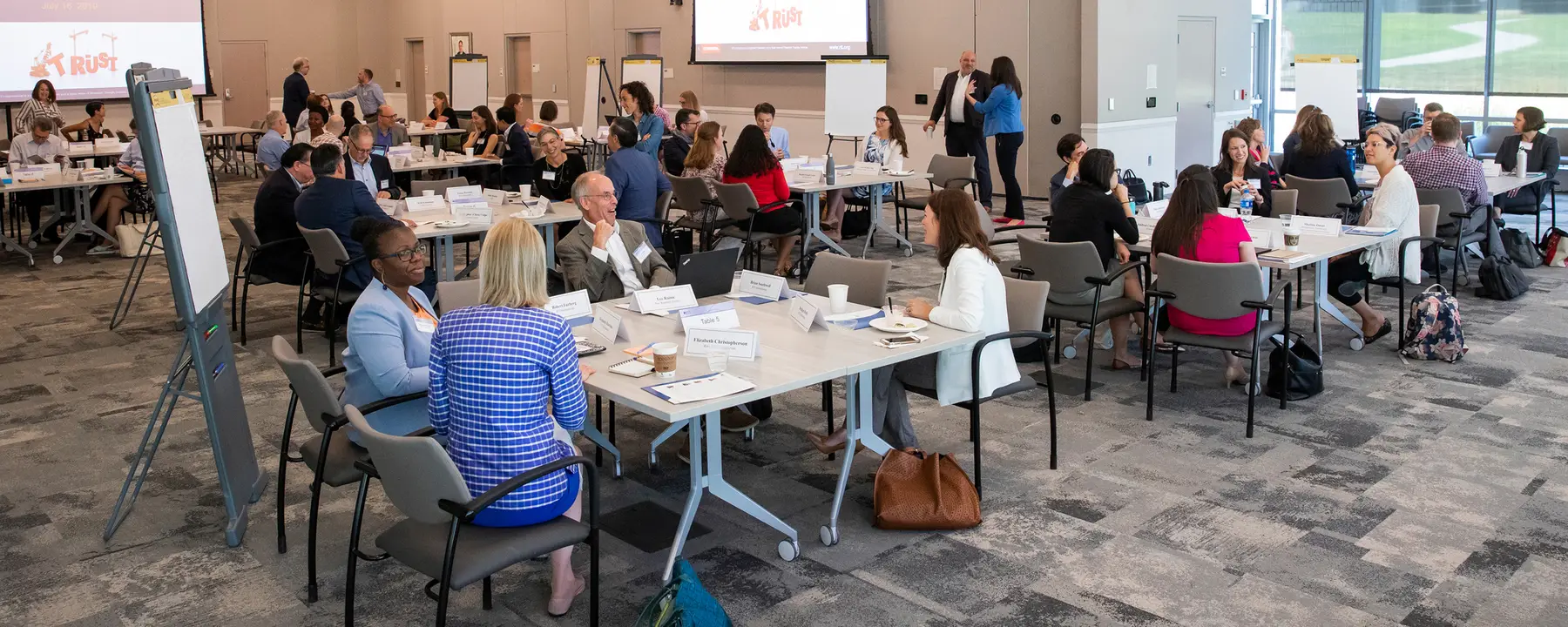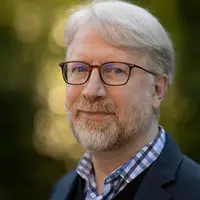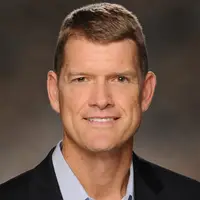An ongoing conversation
Parents refusing vaccines that can protect their children from harmful diseases. Patients shunning their doctors’ recommended cancer treatments in favor of unproven therapies. Consumers spreading rumors about the safety of genetically modified foods. Pundits discounting peer-reviewed, scientific research for non-scientific reasons.
A common thread among all these current happenings is mistrust in science. Although the baseline level of trust in scientists as professionals remains high in the United States, pockets of doubt persist around specific topics such as vaccines and climate change. Such doubt can undermine public discourse about the future health and wellbeing of individuals, populations, and the planet.
As an organization that uses science to solve problems and improve people’s lives, we have a strong interest in maintaining public trust. Without credibility, our researchers and experts can’t make an impact. In some cases, as with the wide range of surveys we conduct, a lack of trust could prevent people from participating or offering honest answers that help us gather accurate results. At the same time, we are also in an excellent position to study and understand the roots of mistrust, and to strengthen trust in the future.
In July 2019, we invited representatives of other nonprofit research institutions, universities, foundations, and associations to our headquarters in Research Triangle Park, North Carolina. The one-day summit included discussion of issues involving vaccines, wearable technologies, swine waste management, and survey research, among others. The intent of the gathering was to create links among professionals with a stake in public trust in science—and to generate ideas for how to build trust.
Brian Southwell, director of our Science in the Public Sphere program and a lead organizer of the conference (along with Angel Hedberg, Chris Krebs, and Stephanie Zevitas), said that concern about trust in science has been gaining attention as scientists in different fields and roles encounter misinformation or mistrust in one form or another. The event was designed as a neutral meeting ground for sharing information.
“We need physical and metaphorical space to talk about trust in science as a societal concern. As a nonprofit research institute, RTI can support the sort of conversations we need to have by offering such space like we did for this gathering,” Southwell said.
RTI and other nonprofits can play a special role in formally increasing trust in science, Southwell said. Separated from both the policy arena and the pressures of commercial enterprises, these institutions offer an independent voice and can invite various parties together to explore the roots of mistrust in science.
Kari Fischer, senior program manager at the New York Academy of Sciences, said she came away from the conference with a new network of colleagues, all eager to get to work. It was “a room full of doers,” she said.
But an even more significant benefit, Fischer said, was participating in conversations reinforcing that community engagement is key to building meaningful action.
“There’s an unfortunate disconnect right now where the scientific community conveys that the public needs to catch up and understand what we’re doing,” said Fischer, who participated in a discussion on place-based community science. “But instead of asking communities to fall in line with scientific recommendations, scientists should involve communities in the full process — allowing for dialogue and giving communities agency in the science that will impact their lives."
As an example, a place-based community science discussion focused on swine waste disposal in North Carolina, a controversy that has divided some communities. Crucial to that discussion was the fact that without space to explore ideas together, misperceptions about others’ motives and values can abound.
The themes and ideas that surfaced during our conference deserve further exploration. We have compiled them in an RTI Press publication that we hope will become an open-source set of suggestions for future initiatives and innovations aimed at increasing public trust in science. Our mission, which we share with so many scientists around the world, depends on it.



